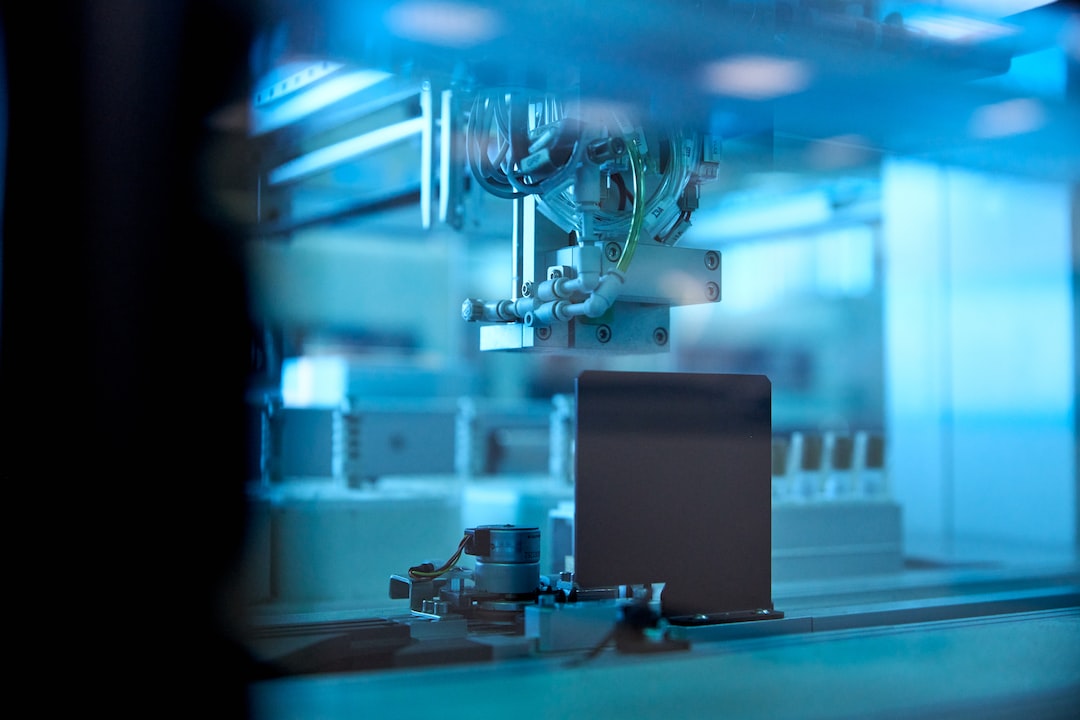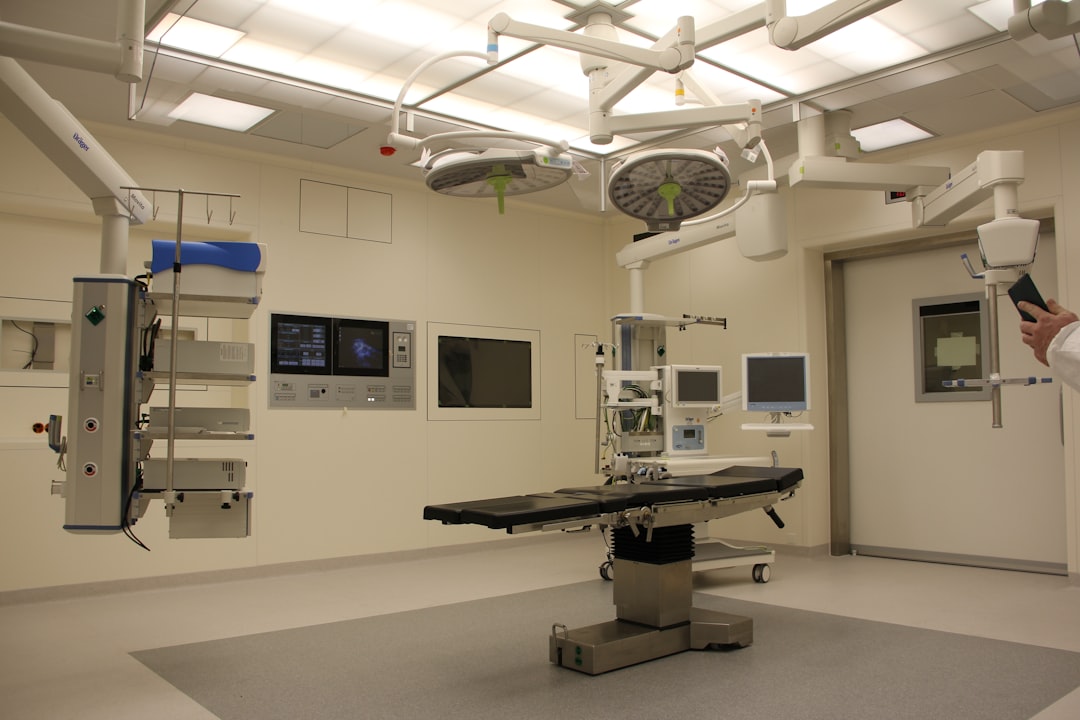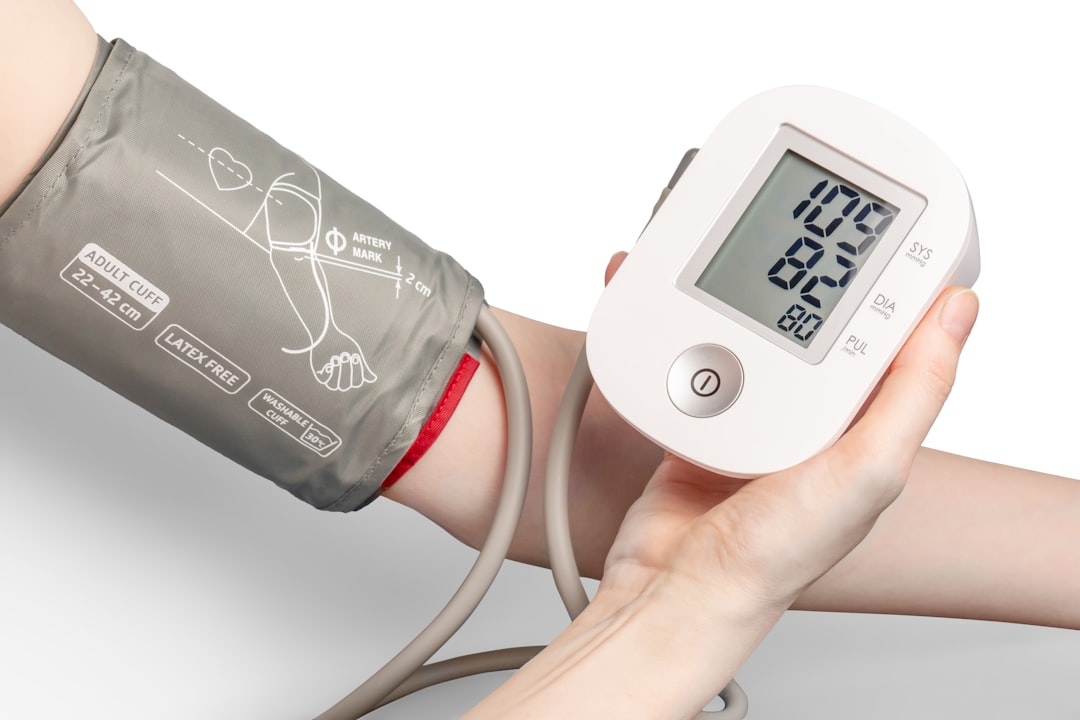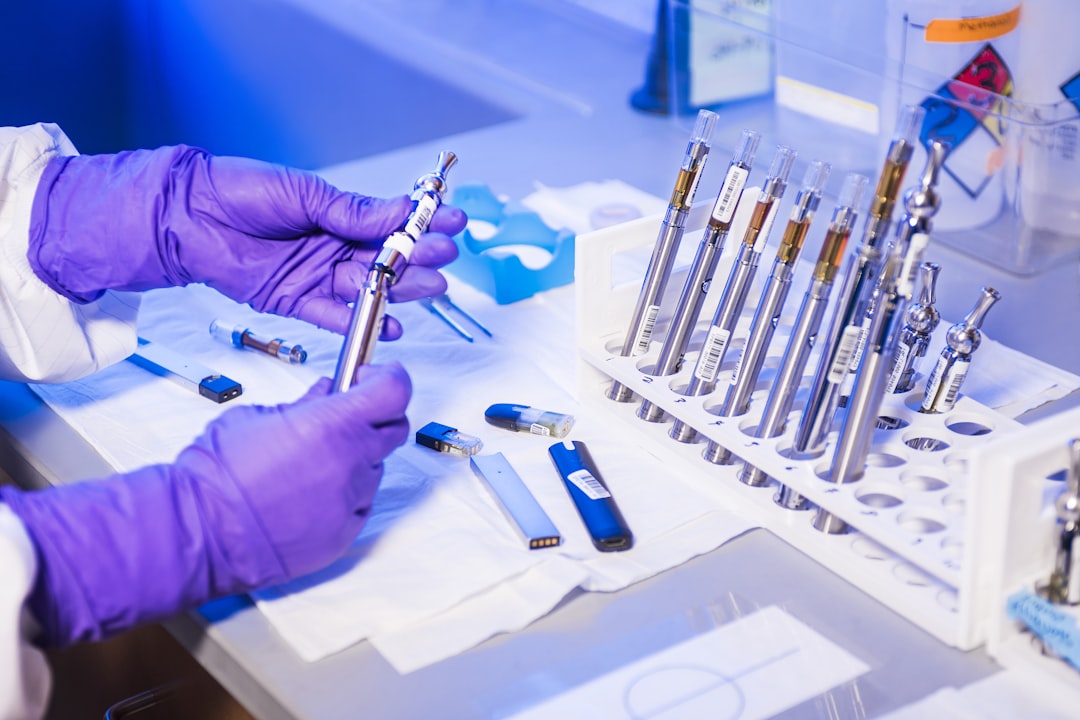As the world becomes more technologically advanced, the healthcare industry is also seeing an increase in the use of artificial intelligence (AI) to enhance patient care. AI has the potential to revolutionize the way we diagnose and treat illnesses, ultimately leading to better outcomes for patients. With the ability to process vast amounts of data quickly and accurately, AI can help healthcare providers make more informed decisions and improve patient outcomes.
The use of AI in healthcare is not a new concept, but it is rapidly evolving. From natural language processing to AI-powered imaging, the possibilities for improving patient care are endless. However, with any new technology comes challenges and ethical considerations that must be carefully considered.
In this blog post, we will explore the role of AI in healthcare, specifically its impact on diagnosis and patient care. We will also examine the challenges and opportunities that come with embracing AI in healthcare and discuss the ethical considerations that must be taken into account. Ultimately, we will explore the promise of AI-powered diagnosis for both patients and healthcare providers.
The Role of AI in Diagnosis: Enhancing Accuracy and Speed
As the healthcare industry continues to evolve, technological advancements have played a significant role in improving patient care. The emergence of Artificial Intelligence (AI) has revolutionized the way we approach medical diagnosis, offering unprecedented accuracy and speed in identifying and treating illnesses.
One of the most significant benefits of AI in healthcare is its ability to enhance the accuracy of diagnosis. With the help of machine learning algorithms, AI-powered systems can analyze vast amounts of medical data, including patient history, lab results, and imaging scans, to identify potential health issues. This not only improves the accuracy of diagnosis but also enables healthcare providers to identify illnesses at an earlier stage, leading to more effective treatment options.
In addition to accuracy, AI also offers unprecedented speed in diagnosing health issues. With traditional diagnostic methods, healthcare providers may need to wait days or even weeks for test results. However, with AI-powered systems, results can be generated in a matter of hours or even minutes, allowing healthcare providers to make more informed decisions about patient care.
AI-powered diagnosis also has the potential to revolutionize the field of radiology. With the help of machine learning algorithms, AI can analyze medical images and identify potential health issues that may have been missed by human radiologists. This not only improves the accuracy of diagnosis but also enables healthcare providers to identify illnesses at an earlier stage, leading to more effective treatment options.
Furthermore, AI-powered natural language processing (NLP) has the potential to improve patient care and communication. With the help of NLP, AI-powered systems can analyze patient data, including medical records and patient feedback, to provide personalized treatment recommendations and improve patient communication.
However, with these advancements come ethical considerations. As AI becomes more integrated into healthcare, it is important to balance advancements with a human touch. Healthcare providers must ensure that AI-powered diagnosis is not used as a replacement for human interaction and empathy, but rather as a tool to enhance patient care.
The role of AI in diagnosis is rapidly evolving and has the potential to revolutionize the healthcare industry. With its ability to enhance accuracy and speed, AI-powered diagnosis offers unprecedented opportunities for improving patient care. As we move forward, it is essential to balance the advancements of AI with human empathy and ensure that patients remain at the center of healthcare decision-making.
The role of AI in diagnosis is rapidly evolving and has the potential to revolutionize the healthcare industry.
AI-Powered Imaging: Revolutionizing Radiology
As technology continues to advance, radiology has become one of the most promising fields in healthcare for AI. AI-powered imaging is revolutionizing the way radiologists diagnose and treat patients, making the process faster and more accurate than ever before.
One of the most significant benefits of AI-powered imaging is the ability to detect abnormalities that may be missed by human radiologists. Using machine learning algorithms, AI can analyze images and identify potential issues more quickly and accurately than a human could. This means that patients can receive a diagnosis faster, leading to earlier treatment and better outcomes.
AI can also assist with image interpretation, allowing radiologists to focus on more complex cases that require human expertise. By automating routine tasks, AI can free up time for radiologists to focus on more critical issues, improving patient care and outcomes.
Another benefit of AI-powered imaging is its ability to reduce the number of unnecessary tests and procedures. By accurately identifying potential issues, AI can help reduce the number of false positives, which can lead to unnecessary testing and procedures. This, in turn, can save patients time and money, while also reducing the strain on healthcare systems.
While there are many benefits to AI-powered imaging, there are also some challenges that need to be addressed. One of the most significant challenges is the need for high-quality data. To be effective, AI algorithms require large amounts of high-quality data to learn from. Without this data, the algorithms may not be accurate, which could lead to misdiagnosis and other issues.
Another challenge is the need to ensure that AI is used ethically and responsibly. As with any new technology, there is a risk of unintended consequences or misuse. It is essential that healthcare providers and policymakers work together to develop guidelines and regulations that ensure AI is used in a way that benefits patients and society as a whole.
Overall, AI-powered imaging is revolutionizing the field of radiology, and the potential benefits for patients and healthcare providers are significant. As technology continues to advance, we can expect to see even more exciting developments in this field, further improving patient care and outcomes.
One of the most significant challenges is the need for high-quality data.
Natural Language Processing: Improving Patient Care and Communication
As we continue to explore the advancements in AI technology, it is important to note the significant role that natural language processing (NLP) plays in improving patient care and communication. NLP is a branch of AI that focuses on the interaction between computers and humans using natural language. In healthcare, NLP can be used to analyze, interpret, and generate human language, ultimately improving patient outcomes.
One of the primary applications of NLP in healthcare is in electronic health records (EHRs). With the vast amount of patient data available in EHRs, it can be challenging for healthcare providers to extract meaningful insights. However, NLP can be used to analyze and interpret the unstructured data in EHRs, allowing healthcare providers to identify patterns and trends that may have gone unnoticed otherwise. This can ultimately lead to more accurate diagnoses, personalized treatment plans, and improved patient outcomes.
In addition to EHRs, NLP can also be used to improve communication between patients and healthcare providers. For example, NLP-powered chatbots can be used to provide patients with personalized information and support, such as answering common questions and providing reminders about medication schedules. This can help to alleviate some of the burden on healthcare providers, while also improving patient engagement and satisfaction.
Furthermore, NLP can be used to improve the accuracy and efficiency of medical coding and billing. By automating the process of coding and billing, healthcare providers can save time and resources, while also reducing the likelihood of errors and inaccuracies.
However, as with any AI technology, there are also potential challenges and limitations associated with NLP. For example, language is complex and nuanced, and it can be challenging for computers to accurately interpret the meaning behind human language. Additionally, there are concerns around privacy and security when it comes to analyzing and interpreting sensitive patient data.
Overall, the use of NLP in healthcare has the potential to significantly improve patient outcomes and communication between patients and healthcare providers. As we continue to explore the possibilities of AI in healthcare, it will be important to carefully consider the ethical implications and potential limitations of these technologies.
For example, NLP-powered chatbots can be used to provide patients with personalized information and support, such as answering common questions and providing reminders about medication schedules.
The Ethics of AI in Healthcare: Balancing Advancements with Human Touch
As we continue to explore the possibilities of AI in healthcare, it’s important to consider the ethical implications of these advancements. While AI has the potential to improve diagnosis accuracy and speed, revolutionize medical imaging, and enhance patient care and communication, it’s crucial to balance these advancements with the human touch that is so vital to healthcare.
One of the most pressing ethical concerns surrounding AI in healthcare is the potential for bias. AI algorithms are only as unbiased as the data they are trained on, and if that data is skewed or incomplete, the AI will reflect those biases. This means that if AI is used to make important medical decisions, such as determining a patient’s diagnosis or treatment plan, those decisions could be influenced by biases in the data. It’s crucial for healthcare providers to be aware of this potential bias and work to ensure that the data used to train AI is as comprehensive and unbiased as possible.
Another ethical concern is the potential for AI to replace human interaction in healthcare. While AI can certainly enhance patient care and communication, it’s important to remember that the human touch is still crucial to healthcare. Patients value the empathy and understanding that comes from human interaction, and it’s important for healthcare providers to maintain that connection even as they incorporate AI into their practices.
Finally, there is the question of privacy and security. As AI becomes more prevalent in healthcare, it’s important to ensure that patient data is protected and secure. Healthcare providers must work to maintain patient privacy and confidentiality, while also ensuring that AI algorithms have access to the data they need to make accurate diagnoses and treatment decisions.
While AI has the potential to revolutionize healthcare, it’s important to consider the ethical implications of these advancements. Healthcare providers must work to ensure that AI is used in a way that is unbiased, maintains the human touch, and protects patient privacy and security. By balancing these considerations, we can harness the power of AI to improve patient outcomes and enhance the practice of healthcare.
While AI can certainly enhance patient care and communication, it’s important to remember that the human touch is still crucial to healthcare.
Challenges and Opportunities: Preparing for the Future of AI in Healthcare
As AI becomes increasingly integrated into healthcare, it brings with it both challenges and opportunities. One of the biggest challenges is ensuring that AI is used ethically and responsibly. While AI has the potential to revolutionize healthcare, it is important to remember that it is still a tool, and it should not replace human judgement and intuition.
Another challenge is ensuring that AI is accessible to all patients, regardless of socioeconomic status. This means that healthcare providers must work to make sure that AI tools are affordable and available to everyone who needs them. Additionally, healthcare providers must ensure that patients are educated about the benefits and limitations of AI so that they can make informed decisions about their own healthcare.
One of the biggest opportunities presented by AI in healthcare is the potential to improve patient outcomes. By using AI to analyze large amounts of patient data, healthcare providers can identify patterns and trends that would be impossible to detect with human analysis alone. This can lead to earlier diagnoses, more accurate treatment plans, and better overall patient outcomes.
Another opportunity presented by AI is the ability to streamline administrative tasks and reduce healthcare costs. By automating routine tasks such as appointment scheduling and billing, healthcare providers can free up more time to focus on patient care. Additionally, AI can help identify areas where costs can be reduced without compromising patient care, leading to more efficient and cost-effective healthcare delivery.
In order to fully realize the potential of AI in healthcare, it is important to invest in research and development. This means not only developing new AI tools, but also studying how they can be integrated into existing healthcare systems. It also means investing in training programs for healthcare providers so that they can effectively use AI tools in their practice.
Overall, the future of AI in healthcare is full of both challenges and opportunities. By embracing AI while remaining mindful of its limitations, healthcare providers can deliver more efficient and effective care to their patients.
Additionally, AI can help identify areas where costs can be reduced without compromising patient care, leading to more efficient and cost-effective healthcare delivery.
Conclusion: The Promise of AI-Powered Diagnosis for Patients and Healthcare Providers
As we have seen throughout this blog post, the potential benefits of AI in healthcare are vast and exciting. From enhancing the accuracy and speed of diagnoses to revolutionizing radiology and improving patient care and communication, AI has the potential to transform the healthcare industry as we know it.
However, it is important to note that the integration of AI in healthcare also presents ethical concerns that must be addressed. As we strive to balance advancements with a human touch, we must ensure that AI is used ethically and responsibly, always keeping the well-being of patients at the forefront.
Despite these challenges, the promise of AI-powered diagnosis for patients and healthcare providers is undeniable. As AI continues to evolve and improve, we can expect to see even more advancements in healthcare, leading to better outcomes for patients and more efficient and effective healthcare systems.
In conclusion, embracing AI in healthcare is not just a trend, but an essential step towards improving patient care and advancing the healthcare industry. By understanding the role of AI in diagnosis, AI-powered imaging, natural language processing, and the ethics of AI in healthcare, we can prepare ourselves for the future of healthcare and the exciting possibilities that lie ahead.





